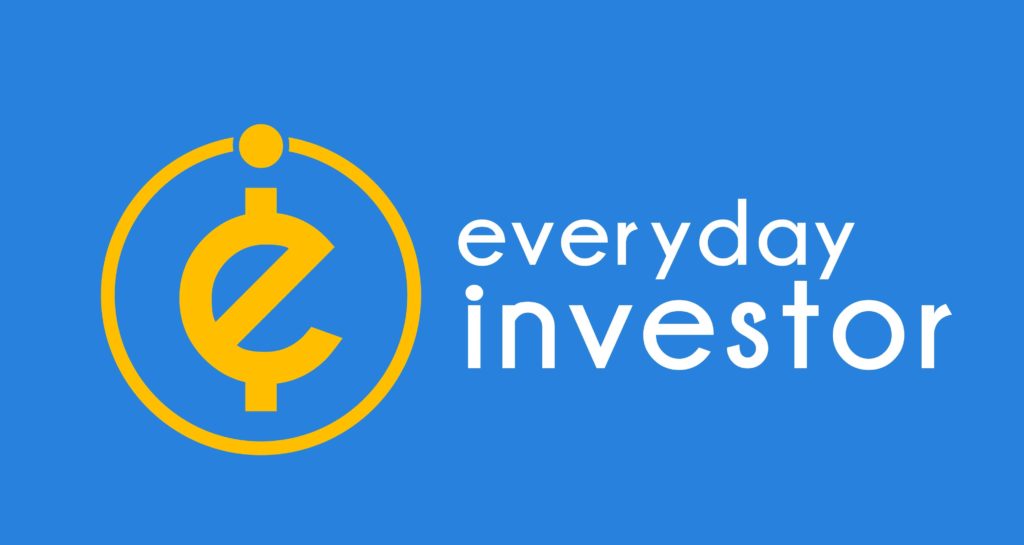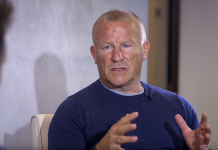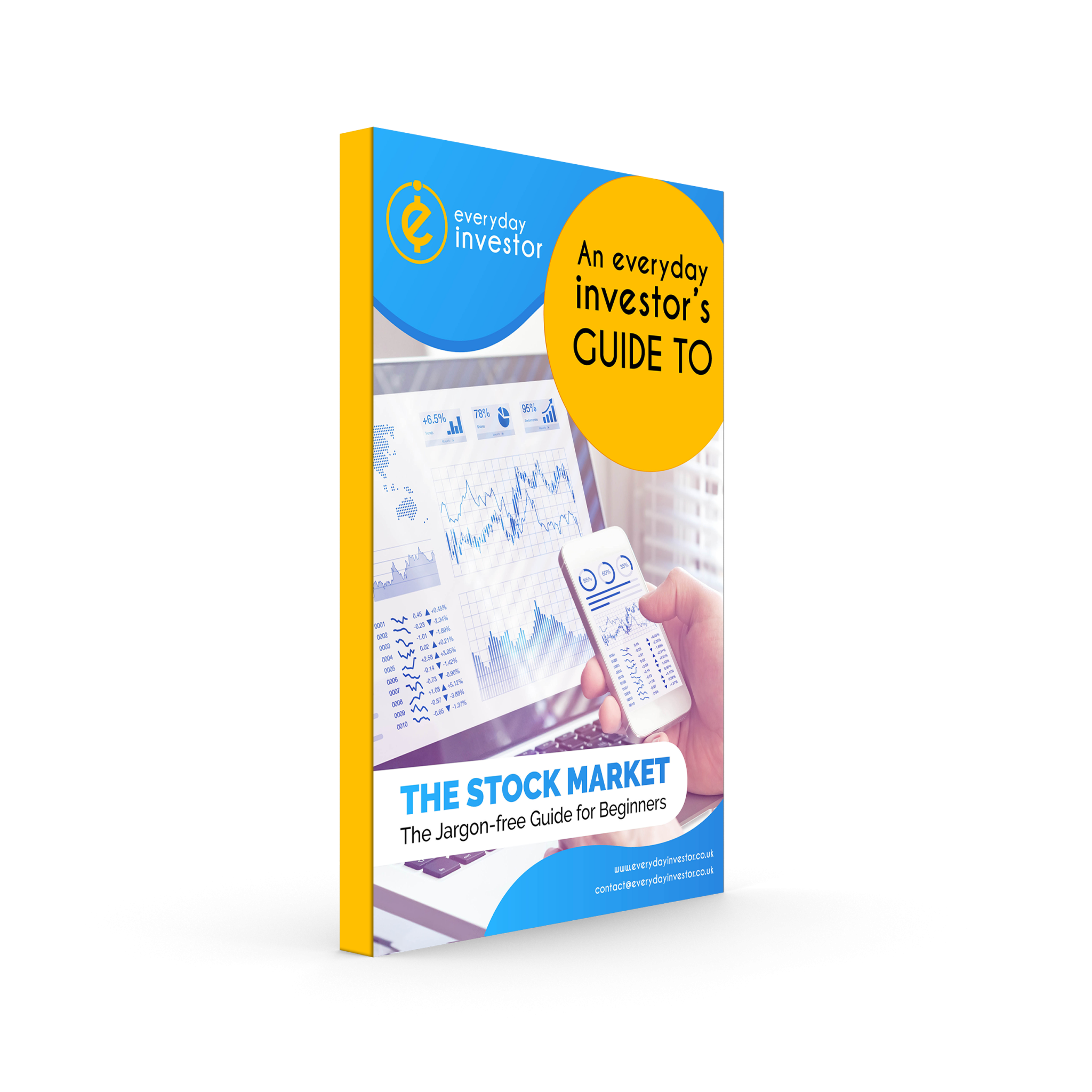What is a stocks and shares ISA?
A stocks and shares ISA is an investment account that allows you to put money into different types of investments. This includes shares and funds. Stocks and shares ISA’s are normally used by investors to pay no tax on stock market shares.
Using an ISA to pay less tax on shares
ISA stands for Individual Savings Account. You may have heard of a cash ISA which is a savings account offered by pretty much every bank. However, there is another type of ISA called a stocks and shares ISA. A stocks and shares ISA is an investment account that you can hold shares and funds in. Investments held in an ISA are not liable for tax (up to a set limit).
How much can I invest in a stocks and shares ISA?
Each tax year the government sets a limit on the amount of money you are allowed to invest into an ISA. The tax year runs from 6 April to 5 April each year.
In the current tax year (6 April 2023 to 5 April 2024) you can invest up to £20,000 in a stocks and shares ISA. Note, this limit includes any money put into a Cash ISA too. If you want to invest above this amount during the tax year you will need to open a separate non-ISA investment account. You can still split your money between the two so that you make full use of the ISA allowance if you wish to.
Dividends tax on shares in a stocks and shares ISA
When holding shares outside of an ISA (such as in a share & fund account) you may need to pay tax on dividends received. For the current tax year (6 April 2023 to 5 April 2024) everyone gets a £2,000 tax-free allowance for dividends. So, this means you don’t need to pay tax on the first £2,000 of dividend income received. However, any dividend income received over this amount is subject to tax.
Our guide to tax on shares explains the different tax rates in more detail.
However, tax on dividends works differently if your shares are being held in a stocks and shares ISA. One of the benefits of holding shares in this way is that you avoid the need to pay tax on dividends entirely.
Capital gains tax on shares in a stocks and shares ISA
When you sell shares (or funds) you own it is possible you will make a profit. This is achieved by selling them for a higher price than you paid. This profit is called a capital gain. When holding shares and funds outside of an ISA you may be liable for capital gains tax when you come to sell them.
For the current tax year (6 April 2023 to 5 April 2024) everyone gets a £6,000 tax-free allowance for capital gains. This means you only need to pay capital gains tax on any gains (profits) made over £6,000 during the tax year.
Our guide to tax on shares explains how capital gains tax is calculated.
Similar to tax on dividends, it works differently if your shares and funds are being held in a stocks and shares ISA. You pay less tax as you do not need to pay tax on profits made by selling shares.
How do I get a stocks and shares ISA?
To open a stocks and shares ISA you need to meet the following criteria set by the government:
- At least 18 years old
- A UK resident
- A crown servant (employed by the government) if you don’t live in the UK
Most online stockbrokers/share-dealing platforms offer the option to hold shares and funds in a stocks and shares ISA.
If you already have a stocks and shares ISA you are allowed to transfer it between different providers. Also, if you have a cash ISA from the last tax year you can transfer it into a stocks and shares ISA. This does not impact your allowance for the current tax year.
Keeping it simple
A stocks and shares ISA provides a tax-efficient way of holding shares and funds. There is a limit to the amount of money you can invest into a stocks and shares ISA each tax year. For the current tax-year (6 April 2023 to 5 April 2024) the limit is £20,000.
If you’re keen to learn more make sure you check out the rest of our website or grab a copy of our free Beginner’s Guide to Investing in the Stock Market.
Data source: Gov.uk. Data for 23/24 tax year.
All our content is provided for educational purposes only, to help you make your own decisions. We don’t provide personalised advice. Therefore our content should not be considered an invitation, inducement or recommendation to engage in any particular investment activity. For professional personalised advice on tax consult an accountant or independent financial advisor. Please review our disclaimer and website terms for full details.








